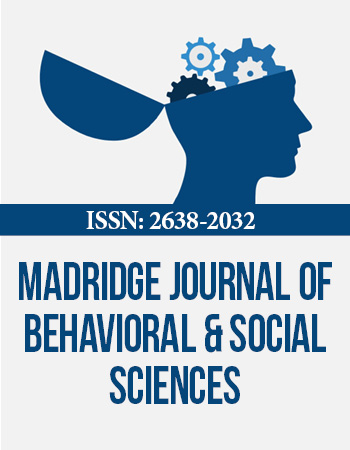International Conference on Alzheimerʼs Disease & Associated Disorders
May 7-9, 2018 Rome, Italy
Effects of State Emotions on the Outcome Evaluation Stage of Decision Making in High-anxious Individuals: An ERP Study
1Department of Sport Psychology, School of Sport Science, Shanghai University of Sport, China
2Key Laboratory of Behavioral Science, Institute of Psychology, Chinese Academy of Sciences, China
3Institute of Affective and Social Neuroscience, Shenzhen University, China
Background: Human emotions play a powerful role in the decision making process. The influence of emotion on decision making is common in everyday life and has drawn much attention from researchers. According to previous literature, both state emotions (transient responses associated with the current situation) and dispositional emotions (e.g. anxiety) have significant impacts on decision making. However, little is known about their interaction effects on decision making, which is the main interest of the current study.
Objective: In this study, to investigate the influence of incidental emotions on decision making in high-anxious individuals, they and the low-anxious individuals were required to perform a monetary gambling task.
Methods: Behavioral (the average number of risk-avoidant choices) and electroencephalography (FRN and P3 components) responses were recorded to explore the stages of option assessment and outcome evaluation during decision making, respectively. Incidental emotions were elicited by facial expression pictures presented on the background, which included four conditions (control, neutral, fearful, and happy).
Results: The behavioral results showed that there was no significant difference between groups in the average numbers of risk avoidant choices. However, the ERP results showed smaller feedback-related negativity (FRN) amplitudes in high-anxious participants than low-anxious participants in the control, neutral, and fearful conditions, but not in the happy condition, for small outcomes. The P3 amplitudes were larger in high-anxious participants compared to their counter parts in the fearful and happy conditions, but not in the other conditions.
Conclusion: In short, the interaction effects between trait anxiety and facial emotions manifested on the outcome evaluation stage of decision making.
Biography:
Yingying Wang is currently a Ph.D candidate majoring in sport psychology in Shanghai University of Sport. Yingying Wang has got the approval from China Scholarship Council and become a visiting student in University of Jyvaskyla (JYU) in Finland from January 26, 2018 to January 26, 2019. Her primary research interests are in the areas of sport neuroscience and decision making. She has published in Biological Psychology.


